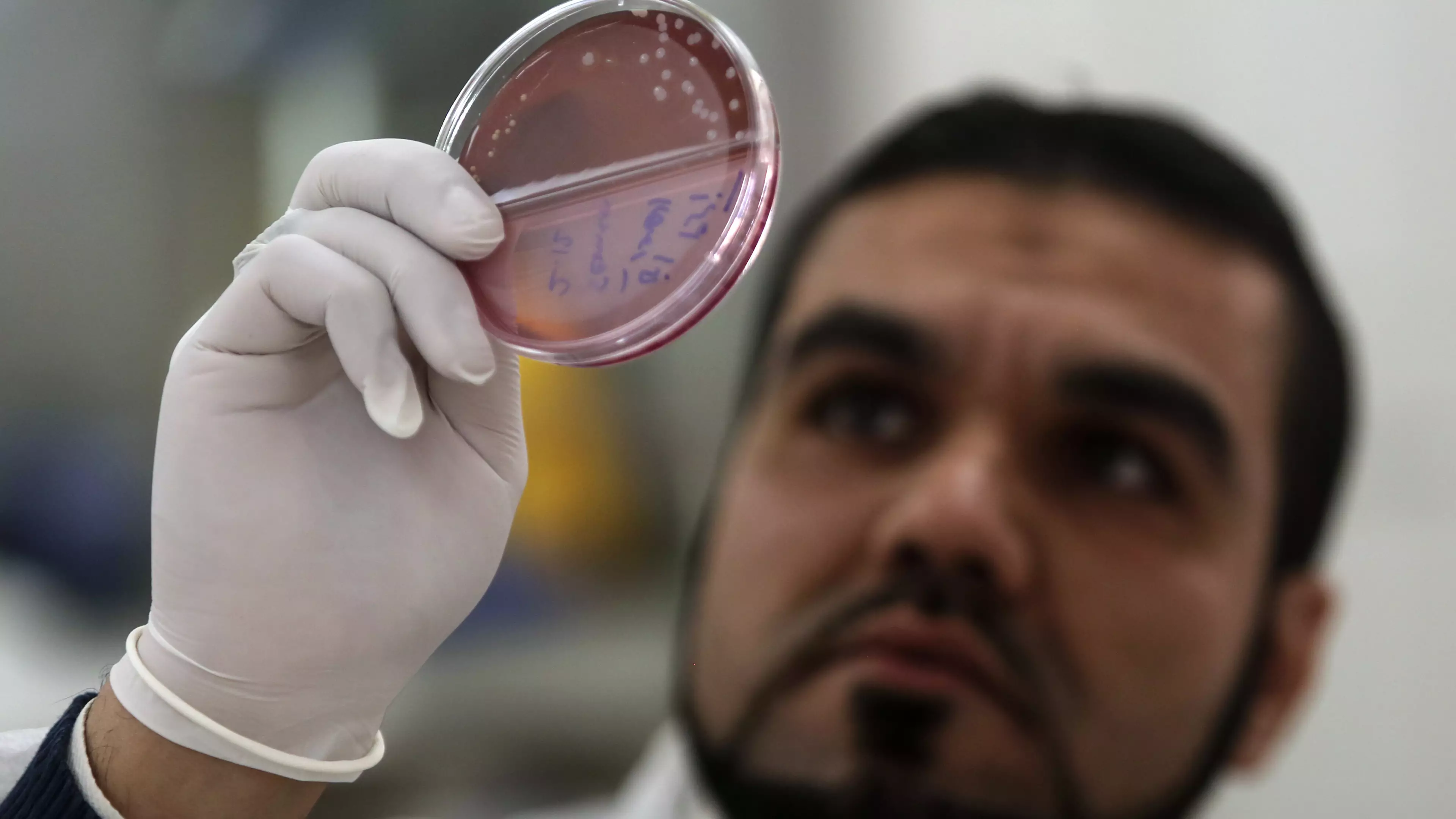
Gonorrhoea is a nasty little sexually transmitted infection that can be pretty painful if left untreated.
Thankfully, doctors developed a simple method of getting rid of it, which essentially is just an antibiotic that clears it up in no time.
However, it appears the virus is developing a stronger resistance to the treatment that doctors and patients have relied on for decades.

A new study has found bacteria like Gonorrhoea, E. coli, Salmonella are gaining strength in the land Down Under and doctors are having to up the ante with the strength of their drugs.
Australian Commission on Safety and Quality in Healthcare released their third report into antimicrobial resistance.
It found the following: "In 2017, resistance to azithromycin was found in 9.3 percent of Neisseria gonorrhoeae, isolates nationally, which is about double the proportion reported in 2016 (5.0 percent) and more than three times the proportion reported in 2015 (2.6 percent)."
Some hospitals are even having to go to last-resort antibiotics to treat patients - which is an incredibly scary circumstance.
The more we use these last resort drugs the higher the chance these bacteria develop an immunity to them.
Last-resort sounds exactly what it means; once they're compromised we've got nothing left.
John Turnidge, senior medical advisor of the organisation that produced the report said: "Australians are still very high users of antibiotics...and we've got a long way to go to catch up to countries like the Netherlands, which we consider the benchmark."
In addition to Gonorrhoea, golden staph is also becoming resistant to drugs, especially in aged care homes and remote areas of Australia.
University of New South Wales Professor of Epidemiology Healthcare Infection and Infectious Diseases Control Mary-Louise McLaws tells LADbible how you should use antibiotics.

"You should take it for the duration that you have been advised to," she tells us.
"Never self-treat with an antibiotic you have in the cupboard. Wait for your GP to suggest an antibiotic and follow the instructions. Discard any leftover antibiotics with your pharmacist so you aren't tempted to self-medicate."
The Australian Commission on Safety and Quality in Healthcare said healthcare workers need to tackle this problem as a collective and have a strong stance on dishing out antibiotics only when it's necessary.
It's a tough stance to take however we've been warned the consequences could be dramatic.
Featured Image Credit: PATopics: Interesting, Drugs, Community, Australia